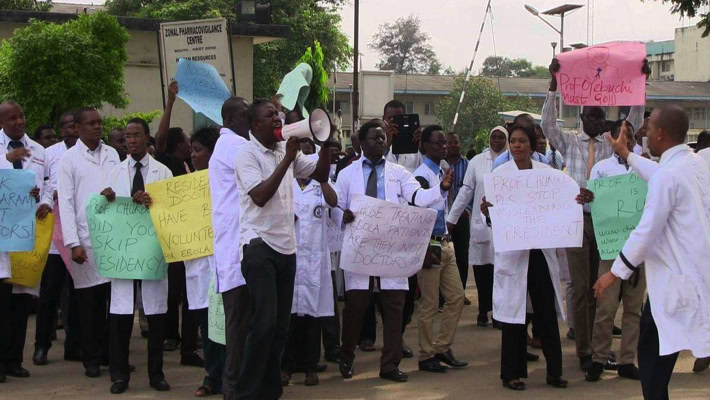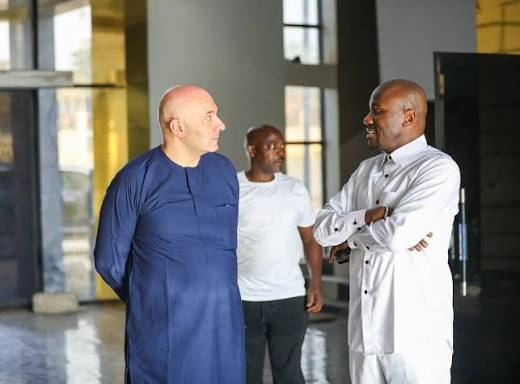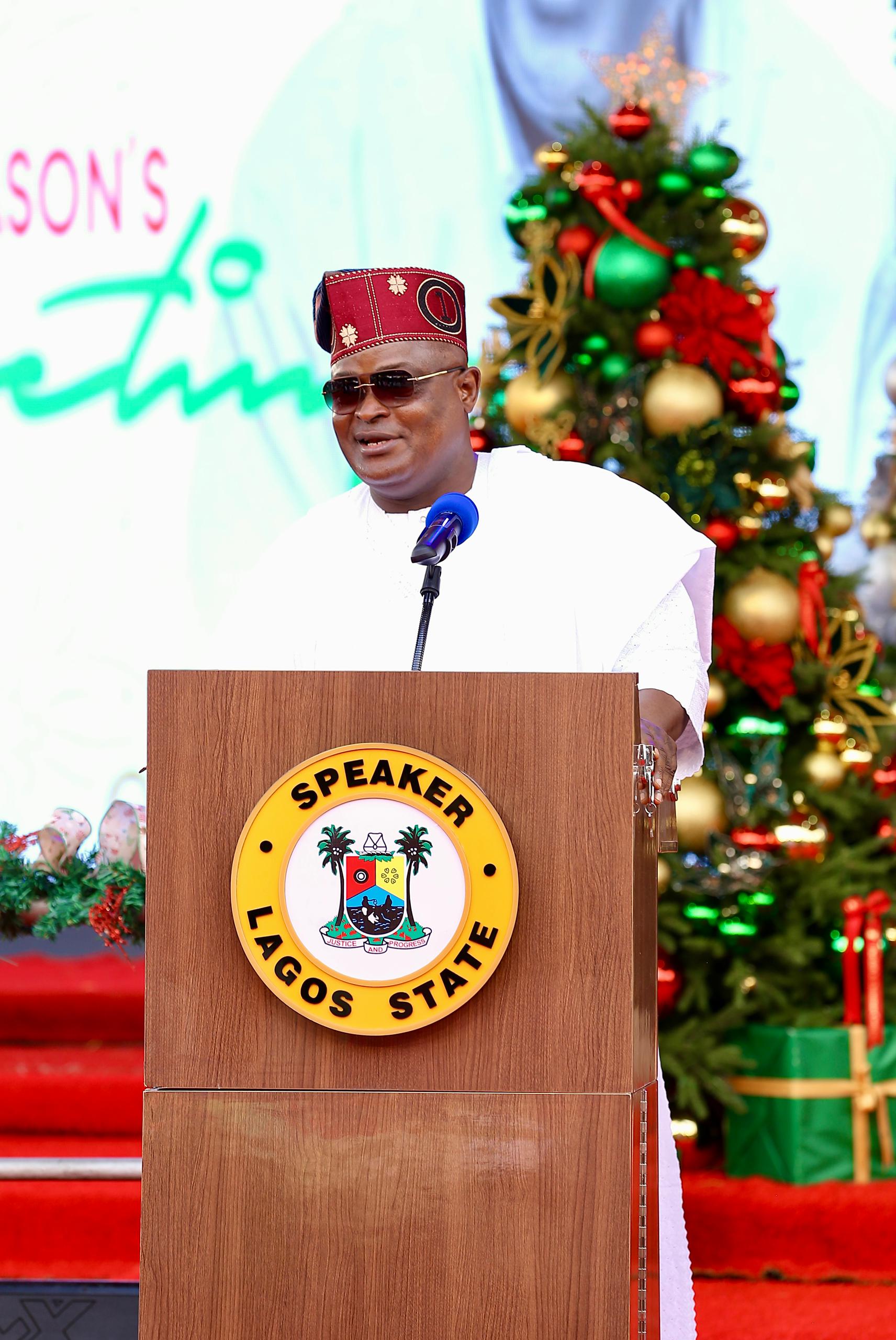NARD warning strike begins as doctors protest unpaid allowances, paralysing Nigeria’s public hospitals and demanding urgent government action
NARD warning strike has officially begun across Nigeria, severely disrupting public healthcare services and leaving patients stranded, as resident doctors protest unpaid entitlements.
Also read: Resident doctors strike threat sparks fresh crisis in Nigeria
The Nigerian Association of Resident Doctors (NARD) commenced a five-day warning strike today, Friday, 12 September, following what it described as the Federal Government’s persistent inaction over critical welfare demands.
In a formal message titled “Declaration of strike action”, the NARD Secretary-General, Dr Oluwasola Odunbaku, confirmed the commencement of the industrial action from 8:00 am.
“All centre leadership is expected to guide their members accordingly. Further updates will be communicated to NEC members in due course,” he stated.
This decisive action follows the expiration of several ultimatums issued by the doctors, the latest being a final 24-hour notice which elapsed on Thursday, 11 September.
At the heart of the strike are unresolved issues, including the non-payment of the 2025 Medical Residency Training Fund, five months of salary arrears under the revised Consolidated Medical Salary Structure, and outstanding specialist and hazard allowances.
The NARD warning strike comes after a six-hour virtual Extraordinary National Executive Council (E-NEC) meeting, where members reviewed the government’s failure to meet their extended deadlines — a 21-day ultimatum from July, followed by a 10-day grace period, all of which passed without resolution.
“Despite our goodwill, the government has failed to act on our demands,” said a NARD official familiar with the negotiations.
Resident doctors form a significant backbone of Nigeria’s healthcare system, especially in government hospitals.
Their absence from wards and clinics has already caused widespread delays, cancelled procedures, and overwhelmed the remaining skeletal medical staff.
Previous NARD strikes have seen hospital wards shut down, emergency services overstretched, and outpatient clinics suspended — a situation feared to repeat over the next five days.
As of the time of this report, no formal statement had been issued by the Ministry of Health or the Federal Government in response to the strike action.
Observers say the recurring welfare disputes reflect deeper issues in Nigeria’s healthcare system — underfunding, poor working conditions, and administrative inertia.
Despite repeated promises, reforms remain stalled, and doctors continue to emigrate in large numbers.
NARD insists the strike remains a warning action, urging the government to engage meaningfully before the situation escalates into an indefinite industrial shutdown.
The association said it is not opposed to dialogue but will no longer tolerate neglect of its members’ welfare.
“We’ve exercised patience. But it is time for action,” Dr Odunbaku said.
Also read: Nigerian Association of Resident Doctors threatens strike
As hospitals across the country struggle to cope, attention now turns to Abuja, where many hope federal authorities will move swiftly to avert a prolonged disruption in public health services.
Source: Read more at premiumtimesng.com
























